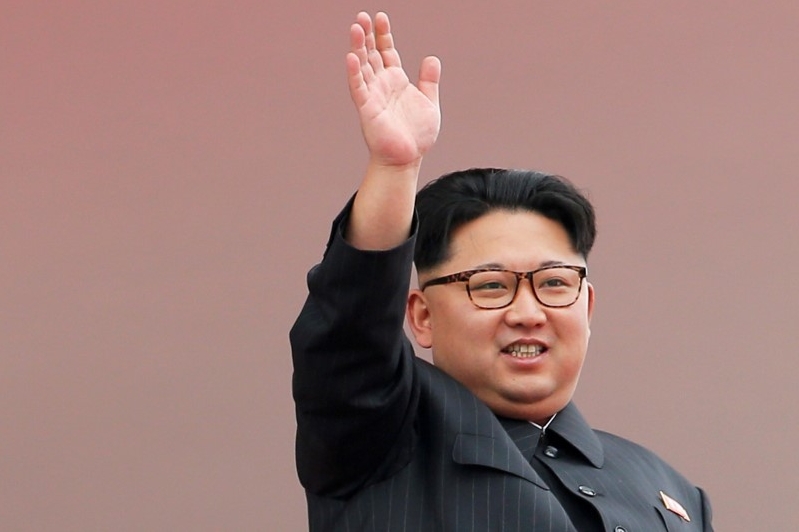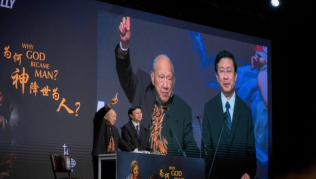
North Korea's parliament awarded Kim Jong Un a new post on Wednesday, adding to a long list of titles for the young leader.
Kim was made chairman of the State Affairs Commission, a new body established under a revised constitution adopted by the parliament and which replaces the powerful National Defence Commission, state media reported on Thursday.
His full title is now the Dear Respected Comrade Kim Jong Un, Chairman of the Workers' Party of Korea, Chairman of the State Affairs Commission of the Democratic People's Republic of Korea and Supreme Commander of the Korean People's Army.
Kim, believed to be in his early 30s, attended the assembly meeting on Wednesday. He also holds the rank of marshal in the North Korean military, and is more usually referred to as "our marshal" in propaganda and common parlance.
The parliament meets once or twice a year to formally approve budgets or policies set out by the ruling Workers' Party, which has increased in prominence under Kim.
The assembly also has the authority to grant Kim new titles or positions within North Korea's opaque leadership structure.
Kim's father, Kim Jong Il, used the National Defence Commission to project authority under his rule, which was marked by famine and a "military-first" policy of priority spending on North Korean military development.
The new State Affairs Commission appears to be made up of cadres with civilian positions, according to a list of new appointments released by state media.
Wednesday's meeting was called to implement policy aims stated in a rare Workers' Party congress in May, during which Kim Jong Un announced a five-year economic plan.
On June 22, North Korea launched two Musudan intermediate-range missiles, drawing strong condemnation from South Korea, Japan and the United States for infringing UN sanctions designed to stop Pyongyang's nuclear and missile development programmes.
North Korea referred to the missiles as a "Hwasong-10" and said the tests did not put the security of neighbouring countries at risk.







